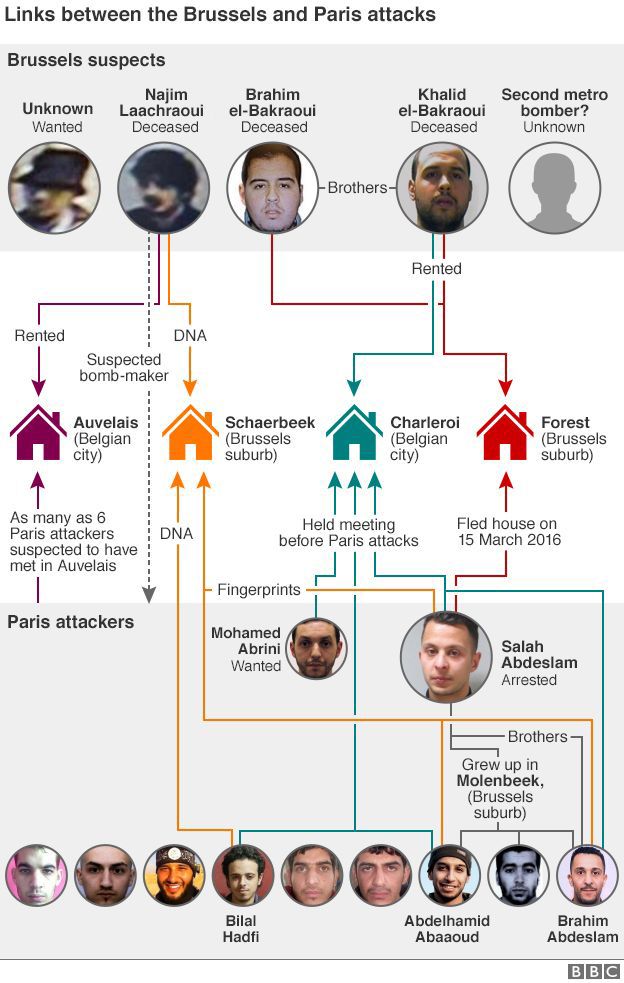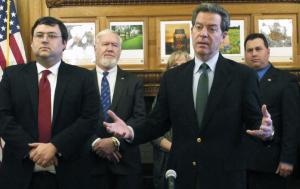Democrats will hold presidential contests in Hawaii, Alaska and Washington state on Saturday, three states expected to be friendlier to Vermont Sen. Bernie Sanders than former Secretary of State Hillary Clinton.
But with Clinton leading Sanders by nearly 300 pledged delegates, and because none of the contests are winner-take-all, Sanders needs stunning wins in each state to give the Clinton campaign any real anxiety about the outcome of the race.
In the run-up to the votes, Sanders has left nothing to chance. His campaign has spent millions on ads in Washington, Alaska and Hawaii, including a powerful television spot featuring Hawaii Rep. Tulsi Gabbard, who resigned her position with the Democratic National Committee earlier this year to endorse Sanders.
Going into Saturday's contests, Sanders needs to net an estimated 75% of the remaining delegates, while Clinton only needs 35%.
Here's what to watch:
Good weekend for Sanders
Don't be surprised if Sanders sweeps on Saturday. His campaign has received endorsements from influential players and his campaign has invested in a strong air and ground game in each state.
There are 142 total delegates at stake Saturday, 16 in Alaska, 24 in Hawaii and 101 in Washington.
All three will hold caucuses to choose delegates -- a method that has favored Sanders in the past -- instead of primaries. Alaska and Washington are also largely white and rural, demographics that typically have given Sanders a boost.
If Sanders does as expected, the headlines declaring him a winner thrice over will surely provide a gust of wind for Sanders' campaign for fundraising purposes, even if it doesn't change the calculus of the race.
Delegate math is still on Clinton's side
Clinton heads into the weekend with 1,229 pledged delegates to Sanders' 952, not counting the 428 superdelegates who have vowed to support her. (The "magic number" needed to clinch the nomination is 2,383.)
So even if Sanders posts strong numbers Saturday, he still faces an uphill battle to overcome Clinton's lead. All three states dole out delegates proportionately or by county, so even if Sanders wins a majority in each, Clinton will still nab pledged delegates along the way. And because of the relatively low populations in these states, there simply aren't enough delegates on the table this weekend to make a significant dent.
Looking at the line-up ahead, this could be Sanders' final big night. The next states on the calendar, particularly New York, Pennsylvania and Maryland, where a combined 531 delegates will be up for grabs, look good for Clinton.
Washington state is the main battleground
Nowhere on Saturday are expectations higher for Sanders than in Washington state.
Sanders has visited the state multiple times throughout his campaign, and the state's liberal urban centers have been especially welcoming of his message of ideological purity over Clinton's pragmatism.
In Seattle, which last year approved a measure to raise the city's minimum wage to $15 an hour over time, support for Sanders is especially strong. The city's largest newspaper, The Seattle Times, endorsed Sanders. He spent the week before the election touring the state, holding six rallies, including a major event at Seattle's Safeco Field the night before the caucuses. His campaign has invested $2.4 million in radio and television advertising in the state, according to Sanders campaign manager Jeff Weaver.
Sanders is expected to win, but with more than 100 delegates at stake, it will be imperative for him to make that win count by scooping up as many delegates as possible. His results in Washington will help set the tone for the upcoming electoral bouts.
Clinton countered Sanders' Washington state offensive with her own visit to Puget Sound on Tuesday, and she dispatched her husband, former President Bill Clinton, to Spokane and Vancouver days before the caucuses.
Turnout is anticipated to be high, another factor that aids Sanders. Some 35,000 people have already voted in Washington state using absentee ballots and about 200,000 are likely to participate.
Campaigns on the ground even if candidates aren't
It's not easy to pop in and out of states like Hawaii and Alaska, and with the small number of delegates on the table, the campaigns have largely determined their time is better spent elsewhere. But that doesn't mean they aren't making plays in each using surrogates, ad buys and family visits.
In Alaska, Sanders' wife, Jane, visited Anchorage on Thursday and will remain through Saturday. Sanders' campaign has dropped at least $56,877 on radio and television spots in the state.
Jane Sanders also visited Hawaii recently.
Clinton's campaign, meanwhile, has invested in a phone-banking effort in rural parts of Alaska, emphasizing climate change and veteran issues and expressing her opposition to a controversial Alaska mine project, according to The Anchorage Daily News. Clinton called into Alaska radio last Tuesday morning and talked about working briefly in a salmon cannery in Alaska in 1969.
Both campaigns are spending money on ads in Hawaii, although Sanders is outspending Clinton $192,680 to $54,300. Sanders this week touted his endorsement from Gabbard, a popular Hawaii Democratic lawmaker.
How states will dole out delegates
Alaska (16): Delegates will be rewarded by state House districts and determined by a caucus system. Candidates must receive at least 15% of votes in a district to be granted any delegates. The caucuses begin at 10 a.m. local time.
Washington (101): Washington uses a mixed system to appoint delegates from the caucus results by congressional district. Registered voters who attend must publicly attest to being Democrats if they want to participate in the caucuses, which begin at 10 a.m. local time.
Hawaii (25): Hawaii Democrats also hold caucuses, but unlike Alaska and Washington, it is considered a presidential preference poll and conducted by secret ballot. Delegates are doled out proportionately. Voting begins at 1 p.m. local time.

































